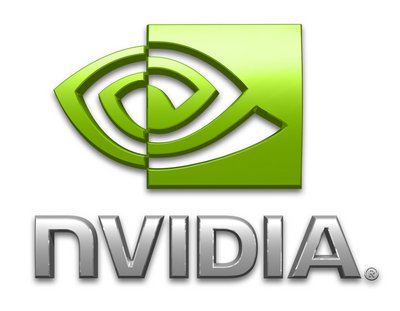The open source link of AMD and Nvidia


A research company had floated this trial balloon, hoping it might ease out AMD CEO Hector Ruiz.
Yesterday, however, came some news relevant to this beat which lets me comment on the whole ball of wax, and state clearly that Mr. Ruiz is not the problem.
The announcement is AMD's decision to open source some of its multicore development code. This comes nearly two years after Sun made a similar announcement regarding its SPARC chip.
The Clue, as I'm fond of saying, is this.
Hardware is software.
The manufacturing margins from making chips are gone, all gone. That's why Applied Materials is getting into solar panels. Fabs just aren't so fabulous anymore.
That's what is driving the Nvidia-AMD talk. Nvidia is a "fab-less fab" outfit. They design chips and contract out the manufacturing. The company is worth almost $12 billion.
AMD, which has been manufacturing chips since Bill Gates was scrounging for coffee money, is worth less than $4 billion.
The question is why Nvidia would want the tsuris of trying to buy AMD. AMD, after all, owns ATI, a rival graphics chip maker which Nvidia was slowly grinding into powder before AMD swooped for it.
Besides, the two tried to go after Intel before, in 2002. It didn't work so good.
Moore's Second Law continues to bite. We all love Moore's Law itself, the idea that chips get faster-and-faster, faster-and-faster.
But we ignore Moore's Second Law, which holds that as chips grow in complexity production costs also scale upwards. Making that up on volume gets harder-and-harder, so that in time most competition is squeezed out.
The best way forward has proven to be separating design, the software of a chip, from its manufacturing, and sharing the fab costs as widely as possible. By sharing its software, AMD has taken the first step in that direction.
But Moore's Second Law is bearing down hard.